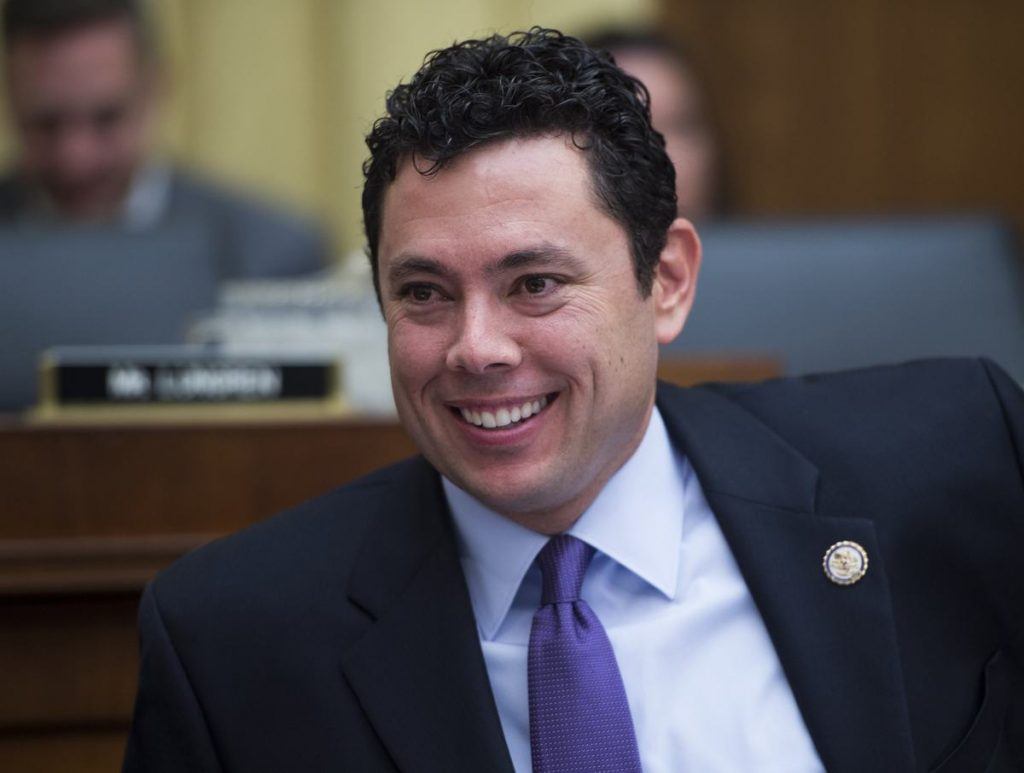RAWA Scheduled for Second House Hearing December 9
Posted on: November 6, 2015, 01:25h.
Last updated on: November 6, 2015, 01:25h.

RAWA, the Restoration of America’s Wire Act, is restoring its own chances of success after it was announced that the lingering legislation would receive its second hearing in the House of Representatives on December 9.
Authored and introduced by Rep. Jason Chaffetz (R-Utah), RAWA (HR 707) would restore the Wire Act to prohibit against the online transmitting of “any bet or wager, or information assisting in the placing of any bet or wager (thus making such prohibition applicable to all types of gambling activities, including Internet gambling).”
The Poker Players Alliance (PPA) was first to confirm the scheduled hearing, saying the House Committee on Oversight and Government Reform will host the discussion.
“Anti-Internet #poker congressman to hold RAWA hearing in his Committee on 12/09,” the PPA tweeted. “Will need everyone to make their voice heard #nopokerban”
Wire Fraud
The debate between those in favor and those against online gambling is a discussion that essentially concerns the precise interpretation of the Wire Act, a federal bill that was passed back in 1961 long before the Internet was commonplace.
In 2011, the Department of Justice released a controversial opinion on the Wire Act saying that the law only specifies sports betting but not other forms of wagering like popular casino games.
That opened the floodgates for states to legalize online casinos, though the flood was more of a leak as only three states have since decriminalized Internet gambling.
So what does the Wire Act actually say?
“Whoever being engaged in the business of betting or wagering knowingly uses a wire communication facility for the transmission in interstate or foreign commerce of bets or wagers or information assisting in the placing of bets or wagers on any sporting event or contest, or for the transmission of a wire communication which entitles the recipient to receive money or credit as a result of bets or wagers, or for information assisting in the placing of bets or wagers, shall be fined not more than $10,000 or imprisoned not more than two years, or both.”
The question becomes, does the word “contest” in the Wire Act constitute gambling games? What about poker, a game that is partially based on skill?
Various Viewpoints
The last time Chaffetz held a hearing on RAWA it didn’t go so well. Last March, a House Judiciary subcommittee listened to testimony from five witnesses, but only one or two were even remotely against passing anti-gambling legislation.
For several hours, the witnesses were grilled on the dangers and consequences of legalizing such an industry and were enticed to advocate the advantages of restoring the Wire Act.
Political observers noted the imbalance among the panelists, and little momentum was garnered from the hearing for Chaffetz. “My feeling is we walked into a potentially really bad hearing and walked away with a lot of skepticism about the bill,” PPA Executive Director John Pappas said at the time.
Chaffetz recently campaigned to replace outgoing House Speaker John Boehner (R-Ohio) but conceded once Rep. Paul Ryan (R-Wisconsin) expressed interest. Now Chaffetz is returning to his anti-gambling crusade.
No comments yet